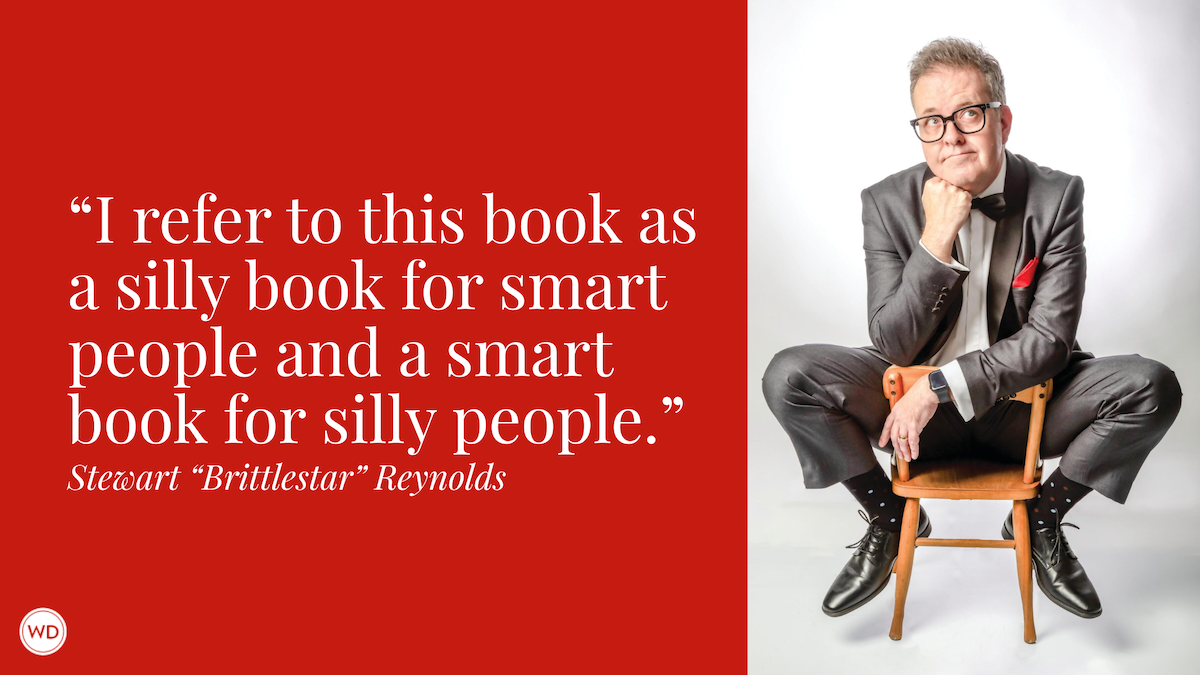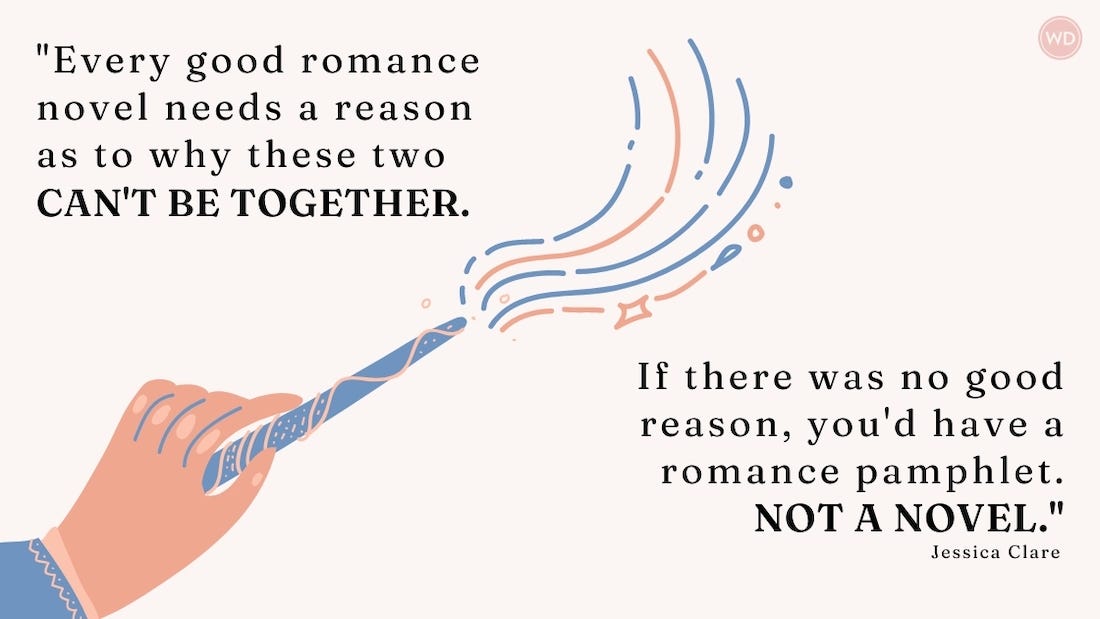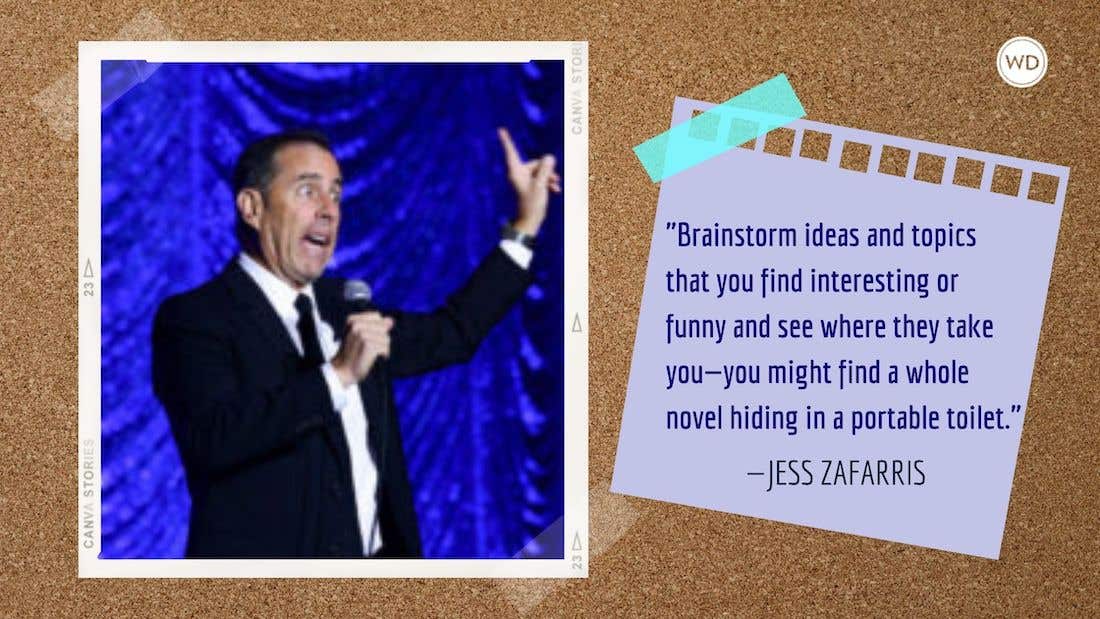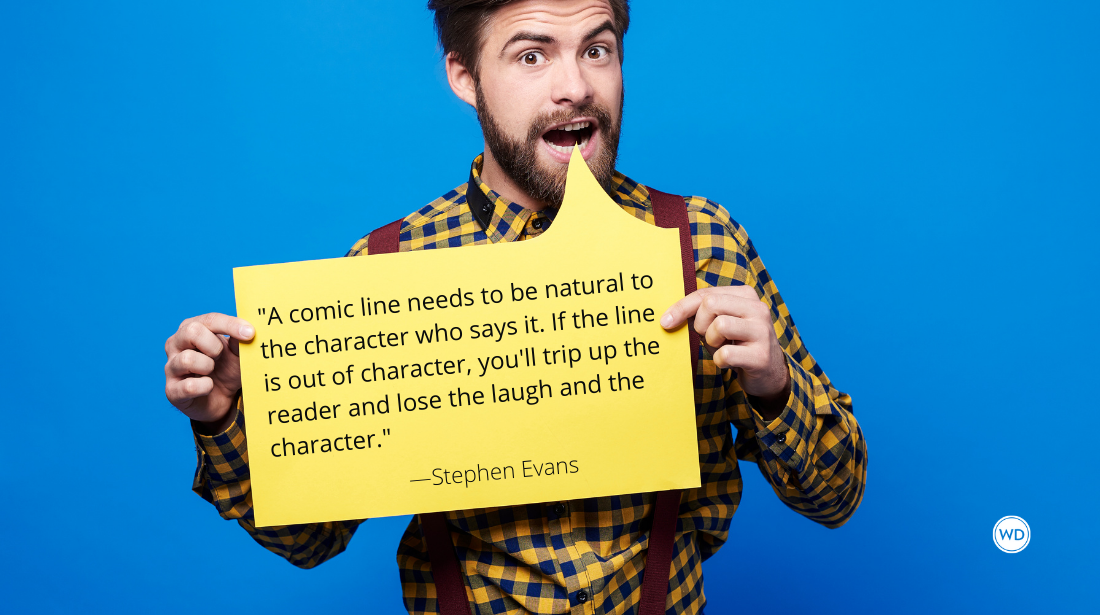This Writer’s Life: Agent Angst
Medium-sized agencies handle your work with care, but the big guys may get you a six-figure deal. So, what’s a writer to do? by Kevin Alexander
I have an agent friend. I met her because she represents two of my writer friends (I also have writer friends). We got to know each other while hanging out in New York City during the Book Expo of America last year, and we bonded over the fact that we had the same sense of humor and neither of us were particularly excited about our lunch options. She’s a young agent at a medium-sized firm in New York. She informed me, while having casual cocktails later in the day, that although she enjoys making snarky comments about reality TV stars, she also teaches yoga, which seemed to balance things out. I decided immediately that I wanted to be her friend.
Post conference, we began corresponding via e-mail and text message. I’d write her something I deemed grossly clever, and she’d respond three days later saying her phone was broken and she only got part of the message. This went on for several months. But over that time an actual friendship did develop. And during one trip to New York City, while we sat in a bar on the lower eastside watching motivated hipsters do ironic karaoke, the topic of my book finally came up.
“So,” she said, “when are you going to let me see your work?”
I liked how she called it my work and not my novel. That made it seem weighty and of great consequence. “When it stops being embarrassingly bad,” I said, mostly because—at the time—it was embarrassingly bad.
“And when do you think its transition from embarrassingly bad to slightly bad will take place?” she asked, as some dude in a beret worked his way through Wham’s “Careless Whisper.”
“April?” I said, because that was when I had to defend it as my MFA thesis. If it wasn’t just bad by then, it was, perhaps, beyond saving.
“Well, I can’t wait to see it,” she said and then we clapped, because the dude had finished his song and was now bowing to all sides of the bar. We didn’t talk about my book for the rest of the night.
In the cab back to my friend’s apartment, I sat thinking about our conversation. Was she serious about wanting to see my work? Was this like a formal agent thing? Actually being friends seemed to make the business side complicated, but maybe in a good way. After all, maybe she’ll think it’s too awkward to reject me. I wasn’t necessarily above being represented through pity.
The next day I was so hung up on whether she was actually serious that I finally just sent an e-mail, asking if she actually did want to see my work. She responded that she really liked my voice and would be happy and excited to get the exclusive chance to sell it, if it seemed right for her. This, of course, pleased me.
Back at my friend Ramsey’s apartment, where I was staying that weekend in an attempt to relive our college-roommate glory days, I told him that I’d probably give her first dibs on exclusive rights to try and sell the book. “That’s the stupidest idea I’ve ever heard,” Ramsey said.
“Why?”
“Haven’t you ever watched ‘The Apprentice’?”
“Yeah?”
“You’ve got to go with the Donald Trump of book agents.”
“How does that even apply?”
“You have to aim for large scale, pro-active solutions from a big hitter if you want traction in the writing market,” he said.
“That just sounds like business jargon,” I said.
“Well,” Ramsey said, as he pretended to scan the online version of The Wall Street Journal. “I’m a businessman. That’s just the way I talk.”
Normally I have no problem ignoring both Ramsey and his opinions, but—surprisingly—his wasn’t the only voice of dissent.
“I think you should really consider your options,” said a well-connected writer friend when I asked for his advice. “There’s a guy at (a very prestigious New York City firm) who seems to only command six-figure advances, and he works with young male writers like yourself. Now he wouldn’t give you the same personal love and attention, but he could probably get you double whatever your friend could.”
As much as I consider myself an artist—someone who works in his craft to create something beautiful and permanent—I also enjoy some of the finer things in life, like trendy sneakers and hi-speed Internet. A bigger advance might provide me with opportunities that wouldn’t otherwise be available; more time to work on my next project, some private studio space, a subtle touch of cosmetic surgery, etc. As I daydreamed of (slightly) smaller earlobes, my friend pressed on.
“It would be foolish of you not to at least consider him,” he said.
I spent weeks thinking about this and was torn down the middle. Writing is our profession, our business, something to be maximized whenever the opportunity presents itself. But it also represents an art—a chance to use our creative talents to entertain, teach, to ask and answer questions, and hopefully create a legacy. Like any creative venture, writing will always walk that line. It’s more or less up to you where you fall on it.
As for me, I’ve realized that I’m always going to think the literary grass is greener on the other side. There will always be someone with a bigger advance and a bigger marketing budget. But I didn’t enter the writing world for the money. If anything, I entered the writing world despite the money. Of course, I try to be realistic and acknowledge that when I’m older and need to get my children educated, maybe I’ll want (and need) an agent who can get large advances on the basis of reputation alone. But, as of now, I just need to be with an agent who’s excited about my work, rolling on my mental level.
And I think my agent friend is just that person. Let’s just hope she does too.









